The QUWA Collective is an anti-violence organizing program for displaced Arab women. I started the project in 2014 with my two colleagues, and since then, the program has evolved extensively and has partnered with various institutions. This dynamic advocacy program, which first launched in Turkey with a group of Syrian refugee women, aims to place women at the forefront by centering their needs and interests. The project addresses issues of inclusive security at both the interpersonal and systemic level, and equips participants with a toolkit to work toward safer conditions for themselves and their communities.
Our model believes that the most transformative and successful violence prevention initiatives are ones led not by powerful experts or state actors, but by communities asserting their power. We advocate for our participants at the personal and institutional level using a diversely pieced-together bilingual curriculum informed by the work of generations of women activists, scholars, healers, and survivors. By connecting participants on a consistent basis in an intentional space, QUWA cultivates consciousness and solidarity among community members.
As an anti-violence program, the QUWA program emphasizes self-defense training along with trauma healing. First, we begin by working with participants to develop an understanding of contemporary personal violence prevention, with a special focus on sexual assault prevention and the multifaceted violences that occur in refugee spaces. We familiarize participants with strategies to address interpersonal violence, bystander intervention, and community-wide mobilization.
Alongside the self-defense training, and just as crucial for collective safety, is cultivating a network of support for women to speak and work through trauma. Our approach recognizes culture-specific approaches to healing, and through this that the answer is not always a western-centric mainstream model of one-on-one individual therapy. The healing circle encourages individual and collective healing based on confidential storytelling, affirmation activities and narrative exchanges. In addition to addressing previous trauma, we cultivate personal empowerment by engaging in topics of boundary setting, healthy relationships, and self-care.
Using these enduring relationships as our foundation, QUWA forms networks of socially and politically engaged women organizers who are inspired to mobilize around pressing issues and policies affecting them, including labor and sexual exploitation, social discrimination, education, language accessibility, and representation in decision-making on their communities (i.e. in refugee housing councils, schools, civil society centers and other institutions). This network serves as a springboard for participants to organize short and long-term collective action projects.
I met with alums of the QUWA program this winter break to strategize the next QUWA session and to better understand the community’s current context and needs. I was elated to hear that some of participants are now involved in starting a new women’s center for Syrian refugees in Istanbul. We discussed our plans for the next upcoming QUWA session–which hopefully will occur in May 2016.
